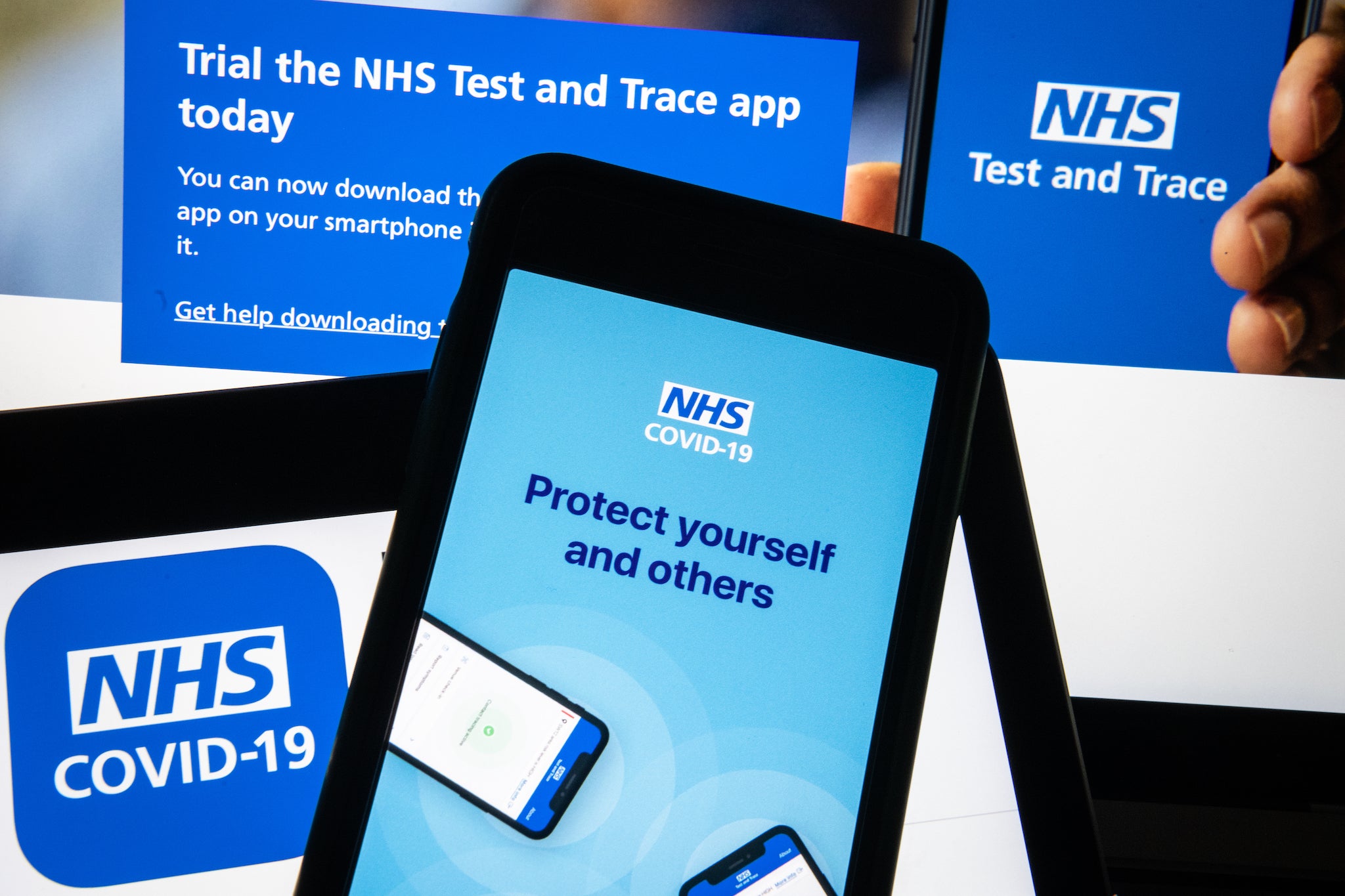NHS coronavirus app: Future updates will warn users if they are exposing themselves to too many people, developers say
Telling people how often they come into contact with others ‘might actually help people get a feel for how risky a life they lead’, developer says

Your support helps us to tell the story
From reproductive rights to climate change to Big Tech, The Independent is on the ground when the story is developing. Whether it's investigating the financials of Elon Musk's pro-Trump PAC or producing our latest documentary, 'The A Word', which shines a light on the American women fighting for reproductive rights, we know how important it is to parse out the facts from the messaging.
At such a critical moment in US history, we need reporters on the ground. Your donation allows us to keep sending journalists to speak to both sides of the story.
The Independent is trusted by Americans across the entire political spectrum. And unlike many other quality news outlets, we choose not to lock Americans out of our reporting and analysis with paywalls. We believe quality journalism should be available to everyone, paid for by those who can afford it.
Your support makes all the difference.A future version of the NHS Covid-19 app could warn users if they are exposing themselves to too many people, the developers say.
The app has finally launched, after months of development and extensive testing in Newham and the Isle of Wight.
But other features will be coming, including a "personalised risk score" and a tool to trace people from other countries, according to those behind it.
Contact-tracing apps rely on smartphone Bluetooth to keep an anonymous log of others also using the service, automatically informing people if someone that has been within close proximity later tests positive.
Zuhlke Engineering was awarded more than £5 million across two contracts for development and support on the much-delayed project.
The firm's chief executive, Wolfgang Emmerich, told the PA news agency that the app is "rock solid", but developers would continue to improve it over the next six months.
He said one area being worked on is a "personalised risk score" rather than a neighbourhood one, based on how many Bluetooth hits a person receives from others.
"That might actually help people get a feel for how risky a life they lead," he said.
Mr Emmerich said international interoperability needs co-ordination with international partners to work, as well as the creation of a central repository of the anonymous ID keys used to ping people if they have been in close contact with someone who tests positive.
"I don't have a design ready for it yet, I can't tell you how that will work, it requires co-ordination with international partners, it is ongoing, it is on the road-map for the next six months," he explained.
Although Mr Emmerich was not able to confirm the exact adoption rate of the app during testing on the Isle of Wight and in the London borough of Newham, he said the trial phase "confirmed that the app is working".
"We learnt the adoption rate, we learnt that it was detecting contacts, we learnt that people use the app to self-diagnose, that people booked tests through the app," he said.
"We confirmed that people are happy to use the app to check in to particular venues that display the Test and Trace poster with a QR code at their entrance."
Reflecting on the first app that was eventually scrapped, Mr Emmerich said his team advised such a move in June because of battery handling limitations on iOS.
The original app drained battery considerably more because it would only work on iOS if it was in the foreground.
The final app only takes about 2-3% of power per day.
"What ultimately sealed the demise of the first app is that Apple point blank refused to sacrifice battery power for enabling Bluetooth apps to scan for Bluetooth pings for beacon information in the background," he said.
"That's a trade-off decision that a company like Apple can sensibly make, there are good commercial and good engineering reasons for making those decisions but that ultimately prevented the first app from functioning reliably."
Additional reporting by agencies

Join our commenting forum
Join thought-provoking conversations, follow other Independent readers and see their replies
Comments